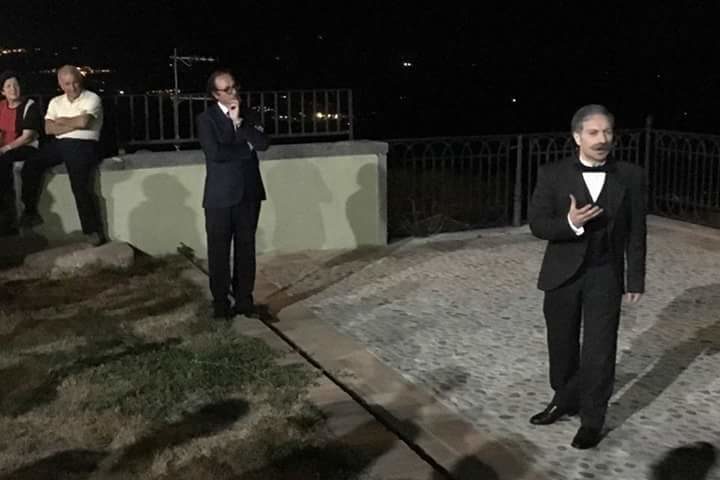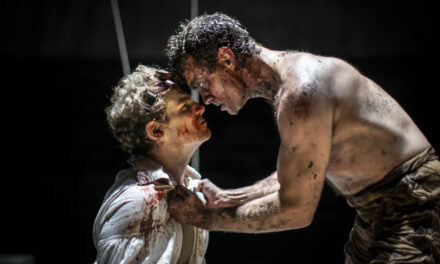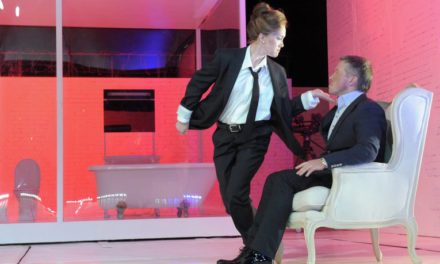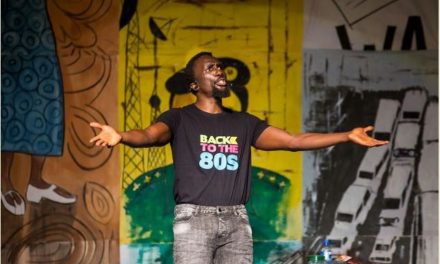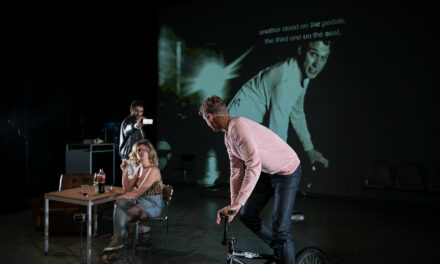Francesco De Sanctis (1817–83) is one of the most important Italian literary critics and scholars, and his lectures were particularly appreciated in Naples, Turin, and Zurich. He is considered the founder of modern literary criticism, and his masterpiece is Storia della Letteratura Italiana (History of Italian Literature). He wrote some historical dramas, and many significant works about the main authors of Italian theatre (for example, Machiavelli, Tasso, Alfieri, Gozzi, Goldoni). He was also minister of public instruction and deputy in the Italian chamber: his many writings are characterized by a deep civic and moral strength, underlining the importance of culture for the new generations. In Italy, the 200th anniversary of his birth (the president of the national scientific committee is Prof. Toni Iermano, the most authoritative scholar of De Sanctis in Europe) is a precious occasion to rediscover his legacy in the new millennium, creating innovative strategies for the diffusion of his message.
In August, to communicate the lesson of this great intellectual, and involving a larger audience, some relevant events were held in Irpinia– the fascinating land in Southern Italy where De Sanctis was born and spent the first years of his life with his family, and where he made – during his political career – some electoral travels.
On 23 August, in the beautiful castle of Gesualdo, after a lecture by Prof. Iermano on the political and autobiographical themes in De Sanctis’ works, the famous actor Pietro De Silva offered a reading from Un Viaggio Elettorale (An Electoral Travel). Written as journalistic reportage in 1875, and published in a volume in 1876, this work narrates De Sanctis’ direct contact with the people who had to vote for him – noblemen, landowners, lawyers, the bourgeoisie, clergymen – and describes the society of the Italian South during the nineteenth century. According to Prof. Iermano, this work has an interesting theatrical meaning: over its 14 chapters, it presents many human characters who express problems in and expectations for their lives, considering De Sanctis as the main “actor” and “director” of the situation. He is a sort of modern Hamlet, who lives a progressive consciousness of his experience. The metaphoric and meta-theatrical level is underlined by the author’s literary technique: the most effective parts of the text are dialogues, describing the world in the style of Goldoni and revealing Heine’s humor. Moreover, the political fight against any form of tyranny is similar to the dramas by Victor Hugo.
The reading by Pietro De Silva (who has worked with Roberto Benigni, Marco Bellocchio, Sergio Castellitto, and Paolo and Vittorio Taviani) revealed an original study on realism by De Sanctis, which exalts the values of Italy after the Unification in 1861.
On 24 August, at Morra De Sanctis, a theatrical performance based on Un Viaggio Elettorale and another important autobiographical work, La Giovinezza (The Youth), created a living memory of the old, little town in Irpinia where the intellectual was born. The house of his parents, the castle Biondi-Morra, the church, and the narrow streets where he played as a small child were involved in a real emotional travel into the past, aimed to reveal the actuality of this figure in the present. This type of performance has created a local narration for its population that underlines the beauty of the place and the still living importance of De Sanctis.
Today, an adequate critical and historiographical reflection helps us understand the cultural value of De Sanctis’ lessons – literary, civic and moral – for the expression of an authentic life of freedom, for the human being.
Official website: www.bicentenariofrancescodesanctis.it
This post was written by the author in their personal capacity.The opinions expressed in this article are the author’s own and do not reflect the view of The Theatre Times, their staff or collaborators.
This post was written by Maria Pia Pagani.
The views expressed here belong to the author and do not necessarily reflect our views and opinions.

